How Ghani’s terrible miscalculations proved his undoing
The US-backed Afghan leader’s over-reliance on Washington and failure to mobilize Afghans were some of the miscalculations that prematurely ended his innings in power.
By Syed Zafar Mehdi
On May 17, talking to PBS News Hour, Afghanistan’s then president Ashraf Ghani blatantly downplayed Taliban’s rapid territorial gains, saying they were not capable of “holding” the ground.
“If there is war, I am the commander in chief. I will not abandon my people. I will not abandon my forces. I am willing to die for my country. I have no interest in power. I'm committed to the principle of ensuring order. Afghan society wants order,” he boasted, with measured pauses.
The US-backed leader also expressed confidence in Washington’s support for his embattled government, saying the US “shares the values of supporting the gains of last 20 years”.
On August 15, almost three months later, the academic-turned-politician quietly whisked away in a government plane, accompanied by his wife and some close aides, to Dushanbe.
The unannounced and unceremonious departure came hours after the Taliban laid siege to Kabul, after days of dizzying military advances that saw it overrunning many strategic provincial cities.
When Ghani was desperately looking for a savior to protect his presidential palace in the heart of Kabul, American black hawks and apache helicopters were busy ferrying US diplomats to the airport.
Biden administration on Saturday authorized 5,000 troops to ensure safe evacuation of US diplomats from the besieged city, while leaving its allies and ordinary people to fend for themselves.
It came after the diplomats were asked to destroy documents, US flags or other items at the embassy, officially marking the end of America’s longest war that cost around $2 trillion.
Ghani’s over-reliance on foreign forces that militarily occupied his country for 20 years eventually proved his undoing. Americans came with an agenda, failed to deliver and abandoned the country.
They did it before in Vietnam, Guatemala, El Salvador, Panama, Cuba, Nicaragua, Congo, Haiti, Grenada, Greece, Cambodia, etc. It’s been their standard operating procedure always.
US Secretary of State Antony Blinken’s remarks to CNN on Sunday, just when the Taliban militants were making their way to Ghani’s former office ‘Arg’, made it emphatically clear.
“Remaining in Afghanistan for another one, five, ten years was not in the (US) national interest,” he declared. “If the president had decided to stay, all gloves would have been off. We would have been back at war with the Taliban.”
It means Americans were clearly in no mood to “again” fight the Taliban, which is at its strongest since 2001, even though the stated objective of the US military invasion of Afghanistan in 2001 was to “decimate” the militant group.
After the 9/11 attacks, the Taliban had offered to hand over Osama bin Laden, the alleged mastermind of the devastating attacks, to a third country to be tried, dropping the demand for evidence of his guilt. But the Bush administration rejected the offer and launched deadly air raids.
Some reports from that time suggest that the Taliban had even written to then Afghan president Hamid Karzai, offering to lay down arms and recognize his government. The move was blocked by Gul Agha Sherzai, an influential US-backed tribal leader from eastern Afghanistan.
Ghani, an accomplished economist, didn’t really fancy history. A cursory look at the US involvement in Afghanistan over the past 20 years makes one thing amply clear: US interests come first, even if that means collaborating with hardened enemies and betraying loyal friends.
In June, Ghani dismissed a report by American intelligence agencies that Kabul could fall within six months. “There have been many such predictions, and they have all turned out false,” Ghani said that time, before his meeting with top Pentagon officials.
Americans knew it was coming, but they didn’t quite realize it will take less than two months. And Ghani didn’t even know that. He was solely banking on the US defense secretary Lloyd Austin’s commitment to “continue providing critical security assistance” to Afghan forces.
On Sunday, an Aljazeera reporter quoted Taliban officials saying that their entry into Kabul, which had been turned into a fortress, came without objection from the American side, which shows that Americans not only knew its inevitability but they had decided not to preempt it.
Ghani clearly failed to read the situation. He terribly miscalculated the threat from the Taliban, which is far inferior than his US-trained military, and then he also over-relied on the American help.
“The Taliban have won... and are now responsible for the honor, property and self-preservation of their countrymen,” he confessed in a statement late on Sunday, from somewhere in Tajikistan.
The sheer swiftness of the former president’s exit from the country he vowed to give his blood for surprised top government functionaries including the head of Afghanistan’s national reconciliation council Dr. Abdullah Abdullah and acting defense minister Bismillah Mohammadi.
Abdullah, the former political rival of Ghani from Panjshir, released a video statement, looking visibly distraught by the dramatic turn of events. He confirmed that Ghani had left the country, while urging people to stay patient. Mohammadi, a fellow Panjshiri and Tajik, lashed out at his former boss, saying his hands were “tied from the back” and the “country was sold”.
Following Ghani’s dramatic flight out of the country, a coordination council was constituted to facilitate the smooth transfer of power, with Abdullah, former Afghan president Hamid Karzai and Hezb-e Islami leader Gulbuddin Hekmatyar as its core members.
The pictures shared online late on Sunday showed Taliban fighters sitting inside the presidential palace, which was Ghani’s bastion ans safe haven since 2014 when he rose to power in a controversy-marred vote.
What also needs to be stressed here is Ghani’s failure to mobilize and unite different political forces within the country and his questionable policy decisions. He sidelined some of his key political allies, played wily games to bring down rivals and detractors, pursued discriminatory policies toward some ethnic minorities, and failed to establish good ties with neighbors.
More importantly, he failed to directly engage with the Taliban, and wasted enough time in Qatar to reach a mutually agreeable political settlement. He perhaps over-estimated his leverage in the talks.
Now that his eventful political innings are over, Ghani will have enough time to reflect on his miscalculations, even as some of his political rivals have chosen to stay back in Kabul to test their political waters.
Meanwhile, the US and its allies have temporarily suspended their diplomatic operations in the country. Some countries like China, Russia and Pakistan are more than willing to recognize the new government, which is likely to be led by a senior Taliban figure like Mullah Baradar or a consensus candidate between the Taliban and the mainstream Afghan political leadership like Ali Ahmad Jalali.
Iran’s position as an important neighbor is clear and unambiguous. The new government must be “inclusive” with representation from all ethnic groups, which Ghani’s administration unfortunately couldn’t ensure, and which works for the country’s progress and development. That is the only way forward for the war-ravaged country.
Syed Zafar Mehdi is a Tehran-based journalist, editor and blogger with over 12 years of experience. He has reported extensively from Kashmir, India, Pakistan, Afghanistan and Iran for leading publications worldwide.
(The views expressed in this article do not necessarily reflect those of Press TV.)
Iran elected vice-chair of UN Commission for Social Development
Historic gold for Iran as teen fencer wins World Cup title
VIDEO | Paris celebrates 47 years of Islamic Revolution in Iran
VIDEO | Killed twice: Palestinian-Americans and the price of silence
VIDEO | Pakistan slams US for publishing map depicting Kashmir as part of India
VIDEO | India-US trade deal faces protests from unions, opposition
VIDEO | 44th Fajr film festival closes with award ceremony in Tehran
North Korea warns of 'terrible response' to drone incursions from South


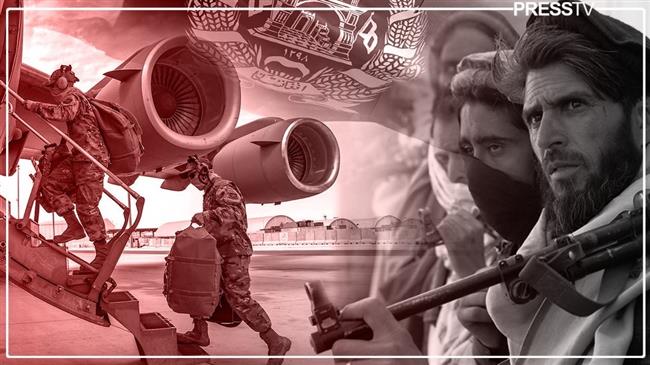
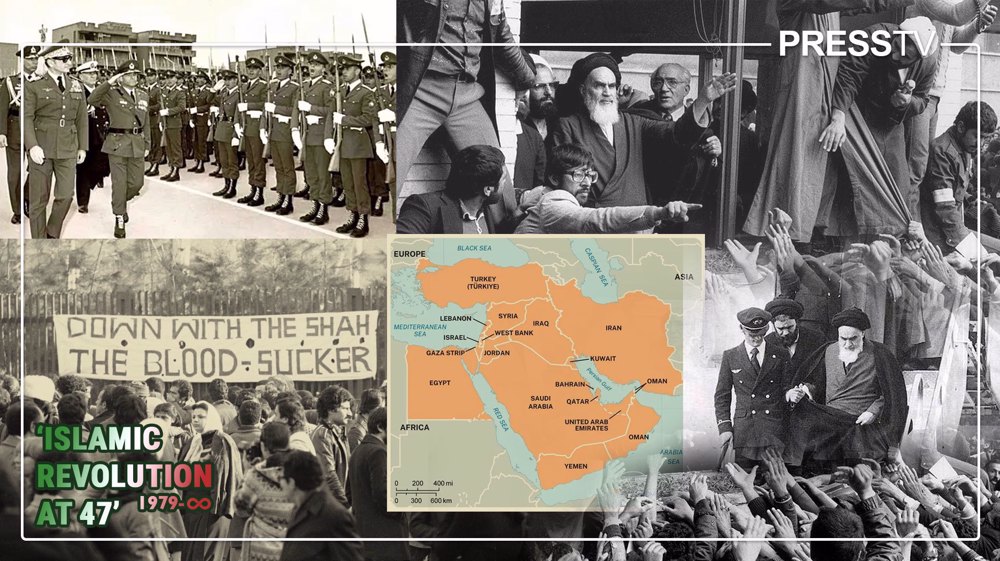
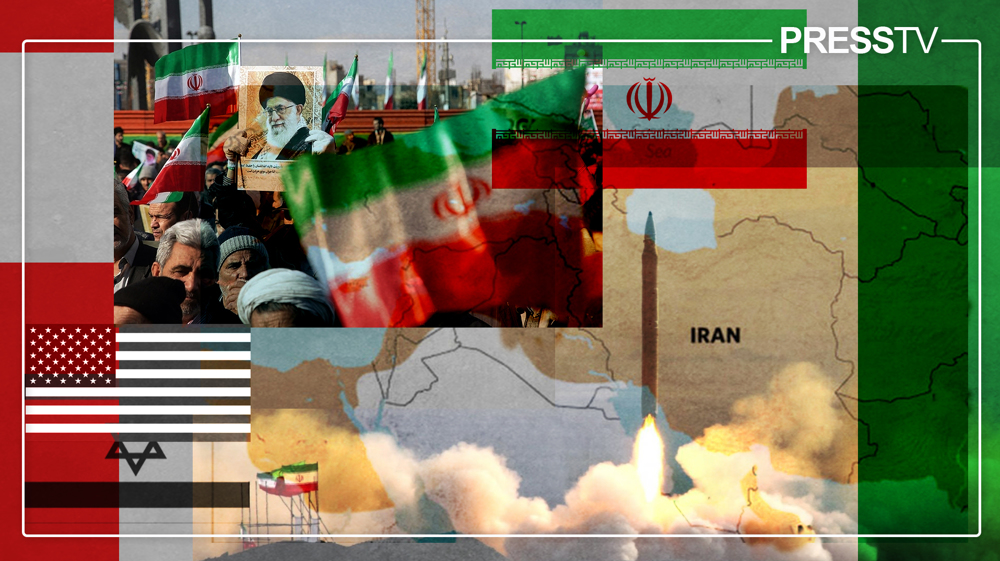
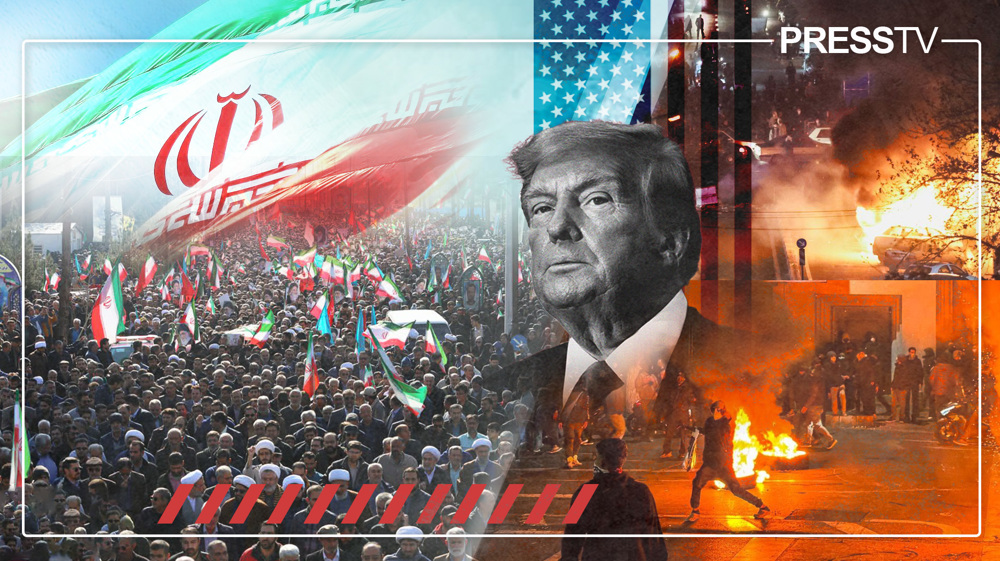



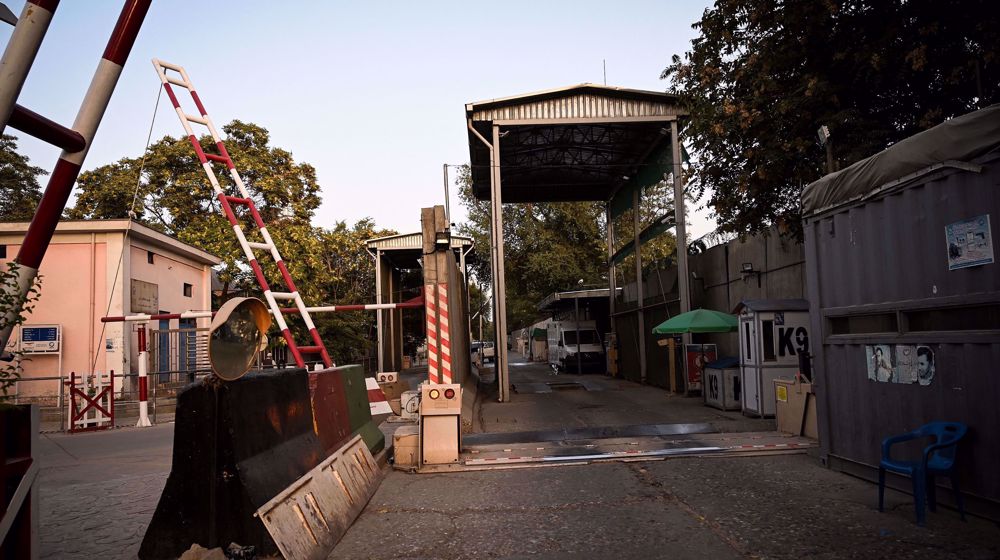
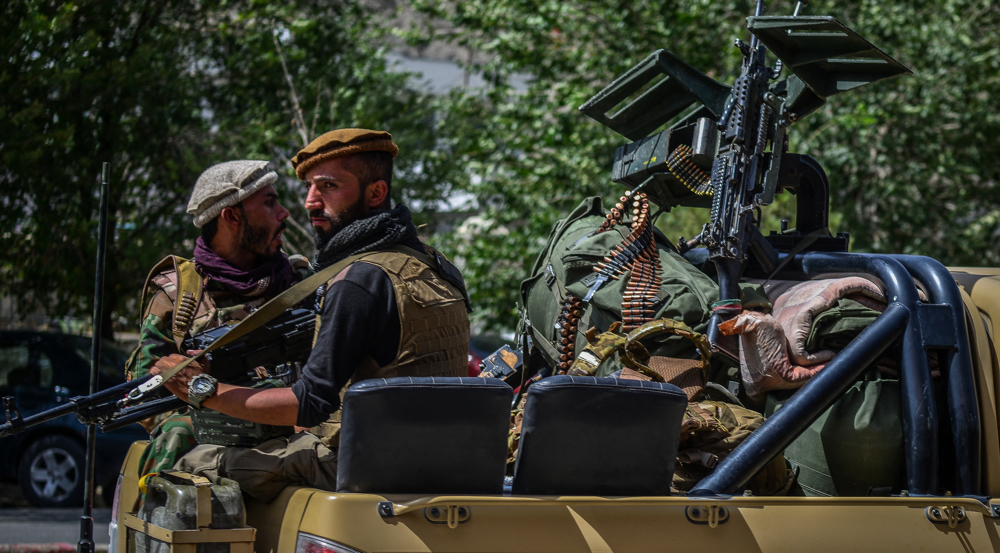
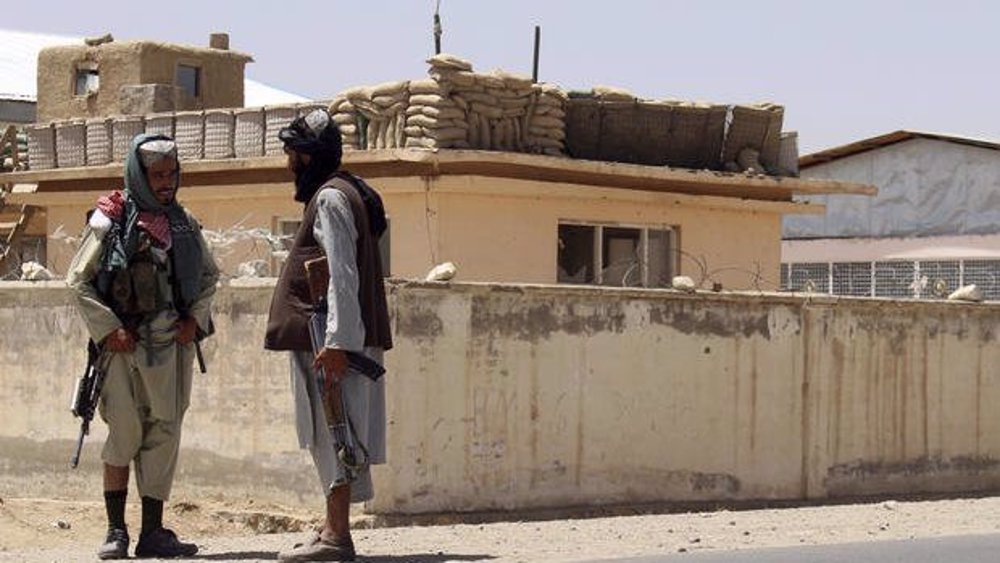
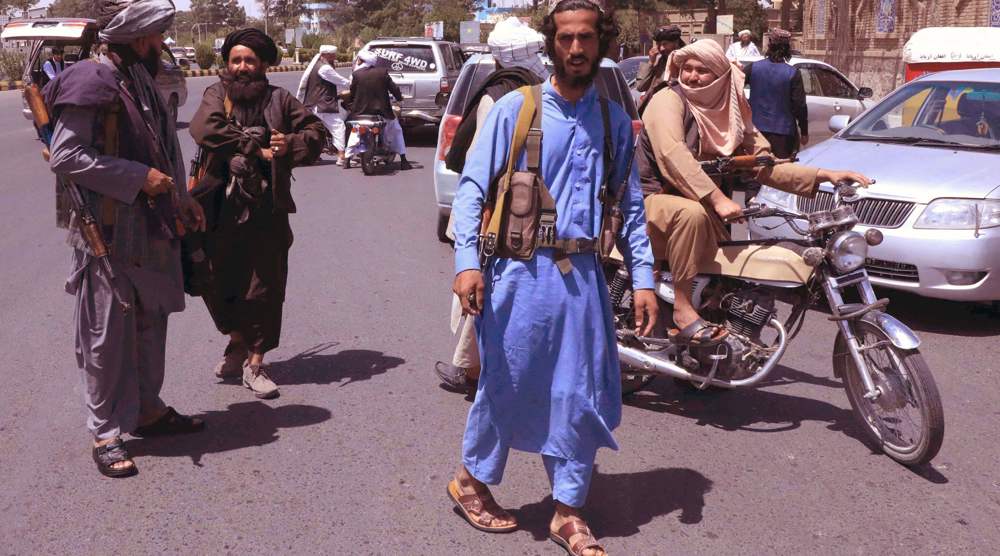
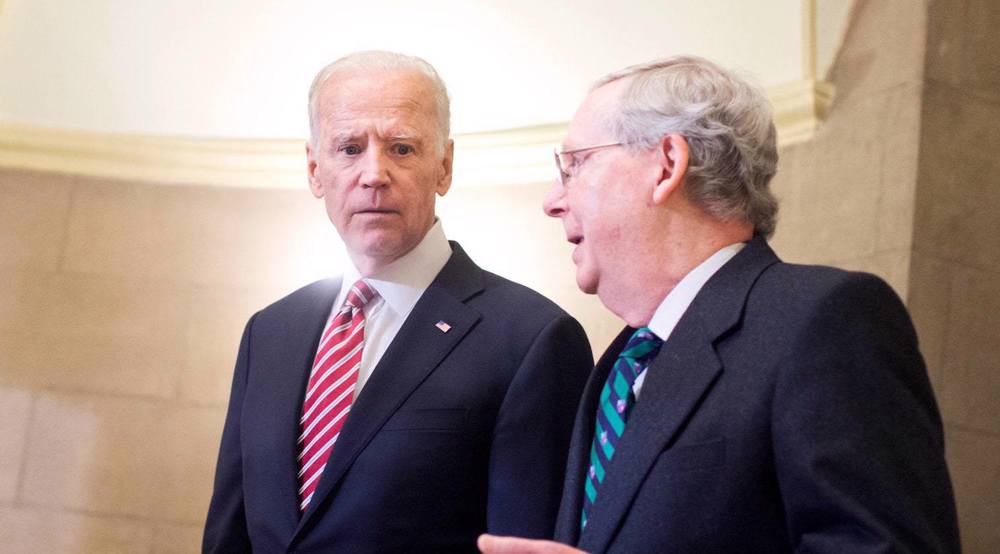

 This makes it easy to access the Press TV website
This makes it easy to access the Press TV website